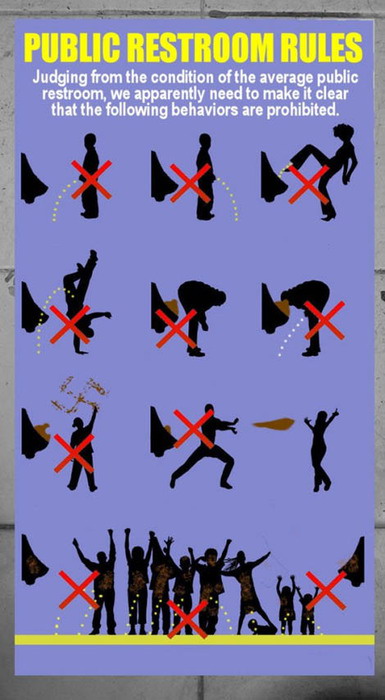On December 6th, 1989, a lone 25-year-old gunman walked into a class of engineering students at École Polytechnique, affiliated with the Université de Montréal, armed with a semi-automatic rifle and a hunting knife, separated the men from the women, shot 28 people and killed 14 women – primarily engineering students – before turning the gun on himself.
 When he entered a second floor mechanical engineering class of about 60 students, he approached the student giving a presentation, he asked everyone to stop everything and ordered the women and men to opposite sides of the classroom. No one moved at first, believing it to be a joke until he fired a shot into the ceiling.
When he entered a second floor mechanical engineering class of about 60 students, he approached the student giving a presentation, he asked everyone to stop everything and ordered the women and men to opposite sides of the classroom. No one moved at first, believing it to be a joke until he fired a shot into the ceiling.
He then separated the nine women from the approximately 50 men and ordered the men to leave. Speaking in French, he asked the remaining women whether they knew why they were there, and when one student replied “no,” he answered: “I am fighting feminism.”
One of the students, Nathalie Provost, said, “Look, we are just women studying engineering, not necessarily feminists ready to march on the streets to shout we are against men, just students intent on leading a normal life.”
Lépine responded that “You’re women, you’re going to be engineers. You’re all a bunch of feminists. I hate feminists.” He then opened fire on the students from left to right, killing six, and wounding three others, including Provost. Before leaving the room, he wrote the word shit twice on a student project.
The Montreal Massacre, as it is referred to, led to a self-examination of engineering programs across Canada. I benefitted from that, offering a course for engineers while working at the University of Waterloo, beginning in 1991.
 The more things change, the more they stay the same
The more things change, the more they stay the same
Twenty-seven years later, the Ontario Hockey League has announced its mandatory program to teach players to respect women.
Probably because a lot of hockey players are goons – on and off the ice (not my friend Kevin, he’s just a goon on the ice).
I got five daughters, and I have and always will support them in whatever they do.
They all did and do play hockey.
Like engineering, it can be tough.
No one needs condescension, but clearing a few roadblocks can help.
One of the goals of the OHL Onside program, announced in Peterborough, includes teaching players to consider how their words and actions demonstrate respect.
I’ve had several chats with male adults and kids on the ice, in terms of comments made toward females.
And the other way.
Girls and women can give it back just as severe.
League vice president Ted Baker expects players and staff to buy into the curriculum, which will be taught by sexual assault experts in communities that have OHL teams.
“This will be something that will really be one of the pillars of our league,” he said.
The two-hour program will be delivered once-a-year. According to Lydia Fiorini, the executive director of the Sexual Assault Crisis Centre of Essex County, the culture is changing in sports, especially in professional leagues.
“You’re starting to see different shifts with regards to NFL players, NHL players in terms of their charges of domestic violence and the league really being really punitive as a result of those potential charges,” Fiorini said.
She hopes early starts for programs like this with feeder teams like the OHL will prevent some of those negative behaviours.
“Many times they witness a lot of things, but don’t know what to say,” Fiorini said. “This is an opportunity for them to start doing some preplanning in case they are confronted with those negative behaviours or stereotypes. So that they can actually speak out and actually work towards ending violence.”
A pilot project started last year with the Kitchener Rangers and the Peterborough Petes last year.

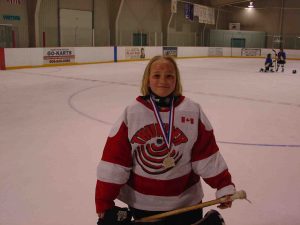 Back in the BC time frame (before children) Amy and I went to a game in Chicago versus St. Louis where I was giving some sort of talk (it may have been the melamine in pet food one, where I offended everyone by saying, pets are not humans).
Back in the BC time frame (before children) Amy and I went to a game in Chicago versus St. Louis where I was giving some sort of talk (it may have been the melamine in pet food one, where I offended everyone by saying, pets are not humans).
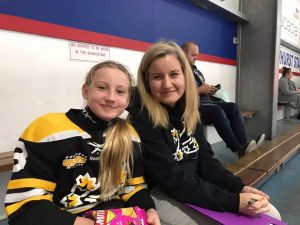

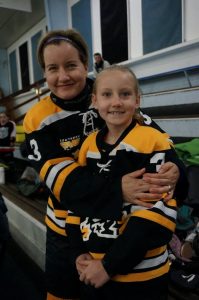






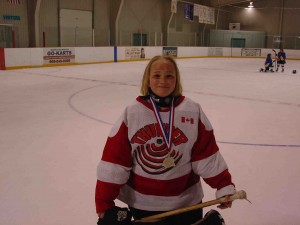
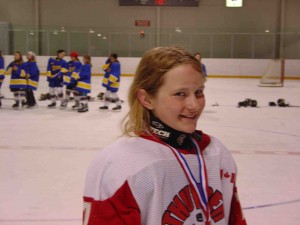
.jpg) while a further 50 people were ill with mild symptoms of EHEC.
while a further 50 people were ill with mild symptoms of EHEC.(3).jpeg) and preparation techniques.”
and preparation techniques.”.jpg) reminders regarding proper use of facilities, and to explain the
reminders regarding proper use of facilities, and to explain the 